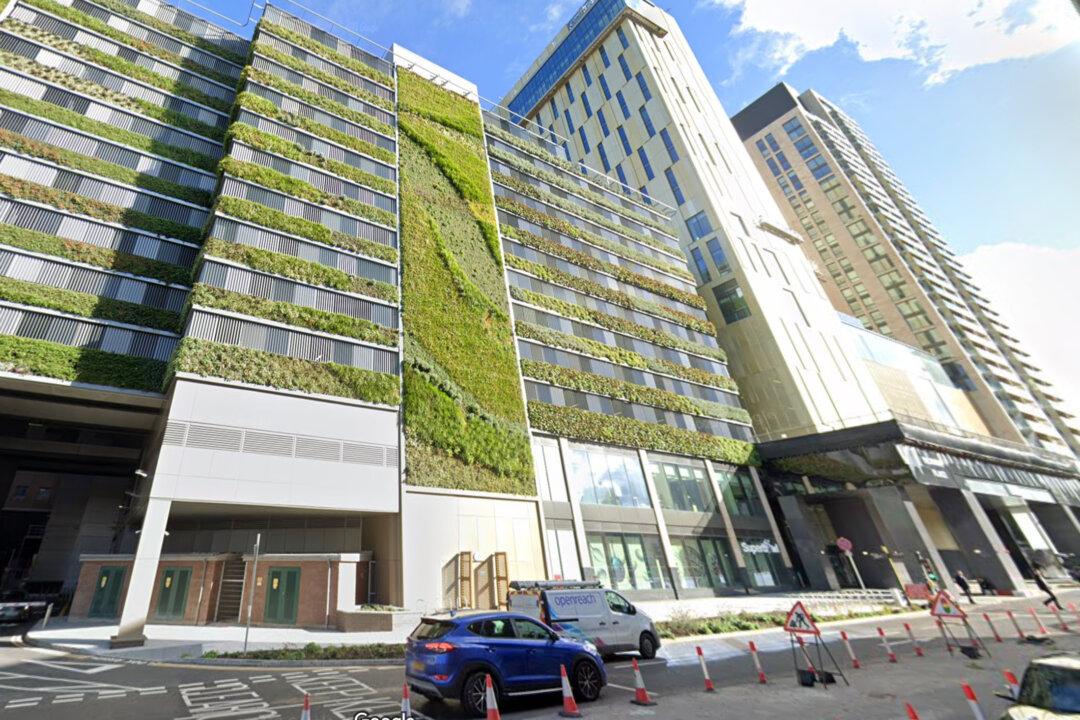A council in Surry has effectively declared bankruptcy with a £1.2 billion deficit in its budget owning to debt inherited from previous property sprees.
Woking Borough Council issued a section 114 notice (pdf) on Wednesday, halting all expenditure except essential spending, such as salaries and pensions for existing staff and fundings for delivering a minimum level of statutory services or protecting vulnerable people.





